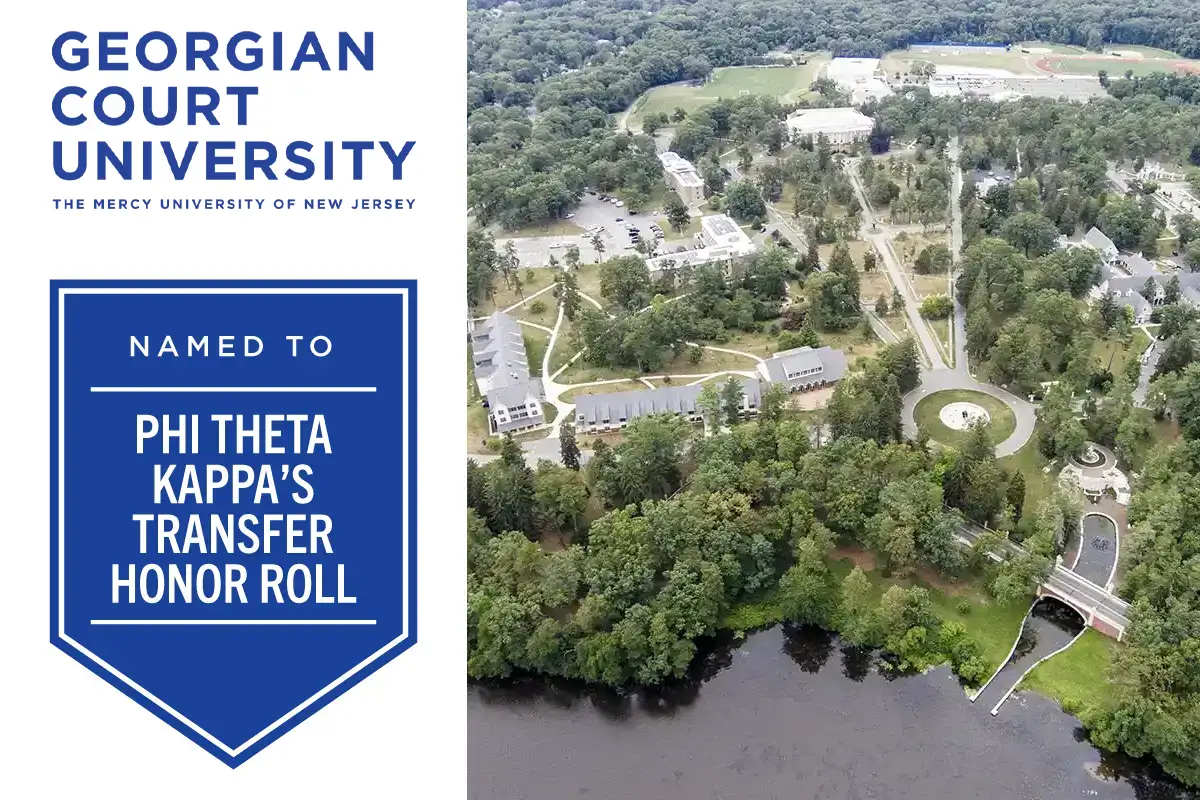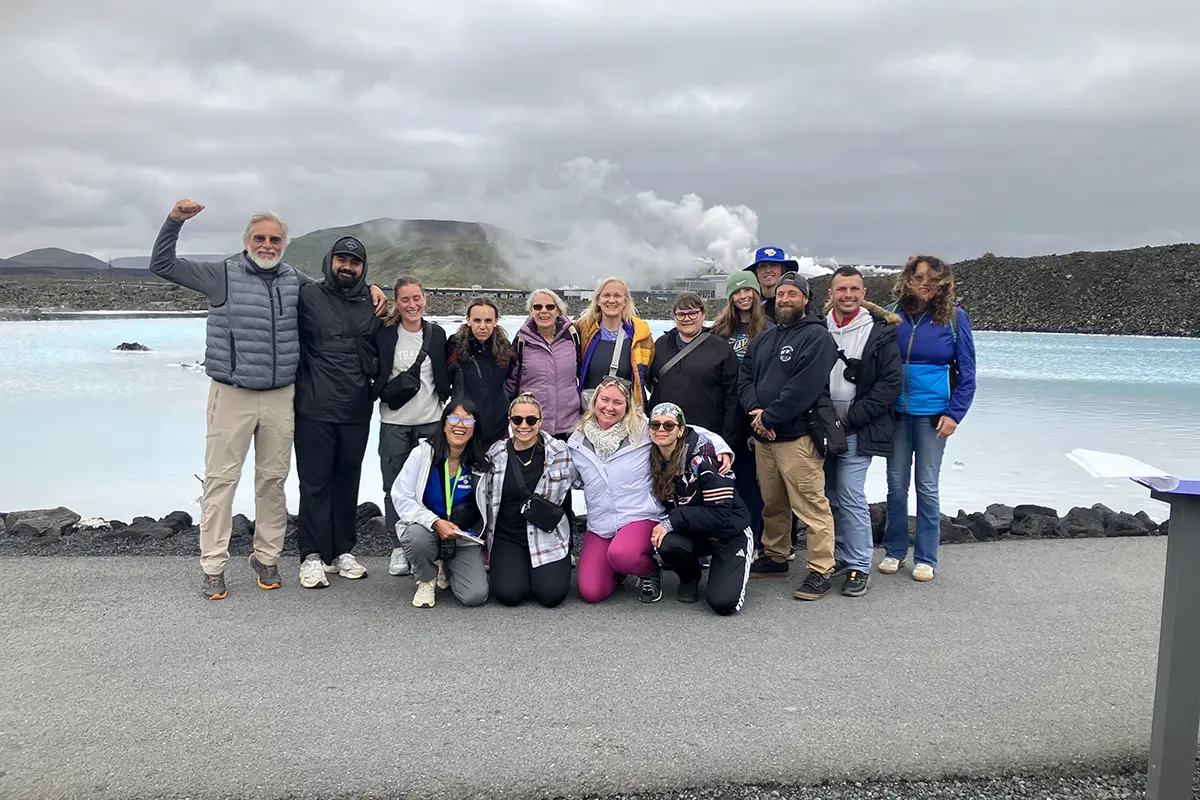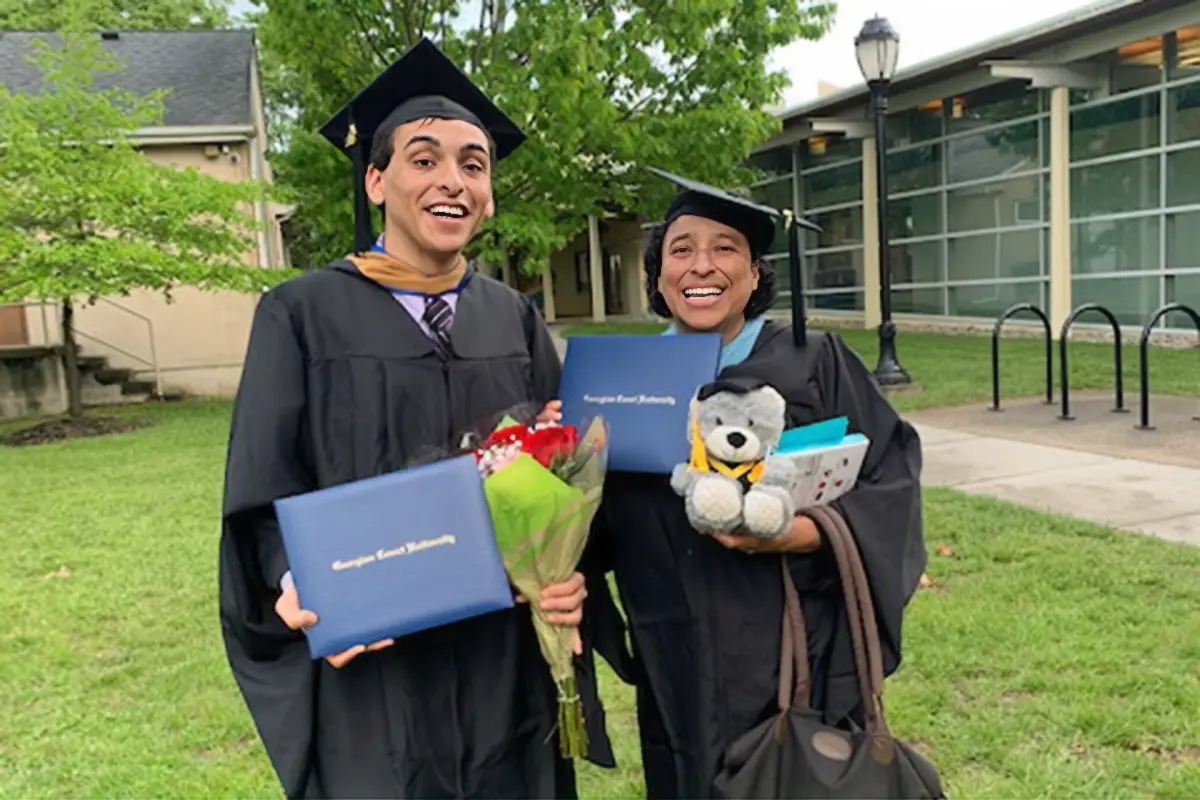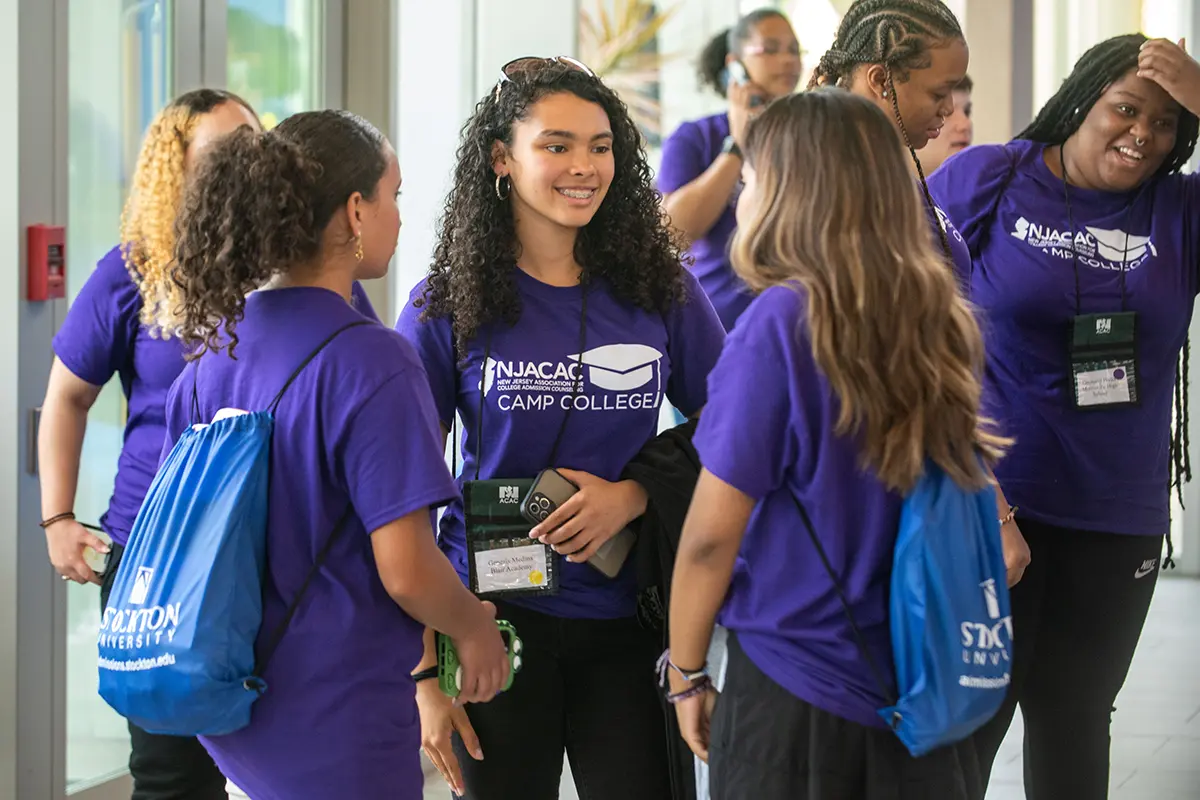Reality Therapy—Proven to Help Students Have More Successful Outcomes
Georgian Court University’s Department of Psychology and Counseling is hosting two workshops on reality therapy, featuring guest speaker Robert E. Wubbolding, Ed.D., a world-renowned author, speaker, and major contributor to the field. As part of his presentation, Dr. Wubbolding will train participants on choice theory and reality therapy.
Psychologists, counselors, social workers, educators, addiction counselors, marriage/family therapists, or graduate students can participate in a one-day workshop on June 6, 2016, to earn 8 continuing education (CE) credits or in GCU’s three-day intensive program June 6-8, 2016. Participants in the three-day program will earn 24 CE credits and meet the Step 1 criteria to be certified in reality therapy from the William Glasser Institute. Both programs are from 8:30 a.m. to 5:15 p.m. at GCU’s historic Lakewood campus.
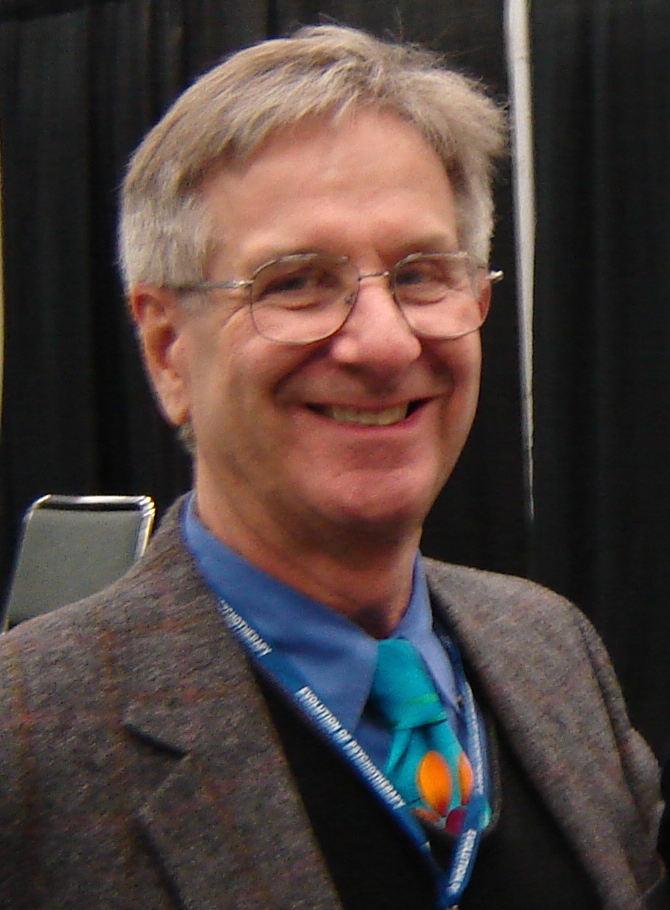
Dr. Wubbolding, who is based in Cincinnati, collaborated professionally with the late William Glasser, Ph.D., the founder of choice theory and reality therapy whose work focused on helping people understand themselves and better manage the events and people in their lives over which they have no control.
Dr. Wubbolding has taught reality therapy in North America, Asia, North Africa, Europe, and the Middle East. The GCU events mark the first time he will teach a workshop in New Jersey. His training will include demonstrations of how to use the WDEP (wants, direction, evaluation, and plan) system of reality therapy.
“The reality therapy training focuses on practical ways for participants to help clients conduct a searching and fearless self-evaluation of their own behavior,” says Dr. Wubbolding. “This process is a necessary prerequisite for change based on the evidence-supported reality therapy principle: ‘If what you’re doing is not working, make a different plan.’ Attendees will learn this solution-focused approach and effective techniques to help clients change their behavior and own reality.”
What Participants Will Learn
Participants will learn the fundamental principles of reality theory and gain insight into the needs and motivations that cause people to choose to act—either in a productive or counterproductive manner. This technique works in addiction treatment, as well as with anyone who needs to change their behavior to live the life they desire.
“Reality therapy has proven to be very effective in helping students,” adds Dr. Richard Ponton, assistant professor and director of the clinical mental health counseling (CMHC) graduate program at Georgian Court University. “Students who work with counselors trained in reality therapy typically achieve a higher level of success and perform better on state proficiency and college entrance exams. Reality therapy is also a practical approach to helping people to achieve optimum levels of performance in the workplace.”
The GCU Department of Psychology and Counseling Speaker Series
With his June 6-8 presentation at Georgian Court University, Dr. Robert Wubbolding joins a series of master speakers hosted by the GCU Department of Psychology and Counseling. In recent years, featured guests have included substance abuse and addictive behaviors expert Alan Cavaiola, Ph.D., of Monmouth University; Jeffrey Kotler, Ph.D., an author whose works are used by teachers, counselors, psychologists, social justice advocates, and others; John Sommers-Flanagan, a mental health consultant and professor of counselor education at the University of Montana; Robert Wicks, Ph.D., a prolific writer and resiliency expert who is also a professor emeritus at Loyola University; and Drs. Lori Russell-Chapin and Ted Chapin, whose expertise includes brain research, neuropathy, and organizational wellness, among other topics.


